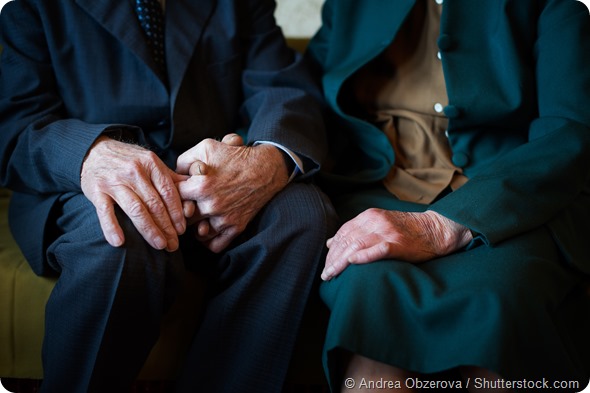People are at a greater risk of death or serious disability following cardiac surgery if they are divorced, separated or widowed, according to new research published in JAMA Surgery.

The study, which included more than 1,500 adults who underwent life-saving cardiac surgery, found that married individuals had the greatest chance of survival during the two years following their heart operation. By contrast, those who were divorced, separated or widowed were at a significantly greater risk of dying or developing a serious disability within the same period.
Explains lead author, Mark Neuman from the University of Pennsylvania:
“These findings extend prior work suggesting postoperative survival advantages for married people and may relate to the role of social supports in influencing patients' choices of hospitals and their self-care.”
For the current study, Neuman and colleague Rachel Werner from the Leonard Davis Institute of Health Economics used a subset of data from the University of Michigan Health and Retirement Study, which included 29,053 participants (aged 50 years or older) who had been interviewed every two years since 1998 about their health, function, medical care and family structure.
The researchers assessed data from the interviews held between 2004 and 2010 and selected a group of 1,576 participants. The group included those who had undergone heart operations in the period since their last interview and deceased individuals who had been reported to have had cardiac surgery since their last interview. At the time of baseline interview, 65% of the participants were married, 12% were separated or divorced, 21% were widowed and 2% had never been married.
At the interviews following surgery, 19% of married people had either died or developed a disability, compared with 29% of those who were divorced or separated and 39% who were widowed.
Further analysis showed that divorced, separated or widowed participants were at a 40% greater risk of dying or developing a functional disability in the two years following cardiac surgery, compared with their married peers.
Neuman says the findings suggest that marital status is a predictor of survival and functional recovery after cardiac surgery and that doctors should consider closer monitoring of patients who have been divorced, separated or widowed and even offer them counseling to aid their recovery.
Previous studies have shown that people in a relationship are more likely to take better care of themselves by exercising, eating a healthy diet and visiting the doctor more regularly. However, further studies are still needed to define the mechanisms linking marital status and postoperative outcomes, says Neuman, who adds that "understanding this may be useful for identifying patients who may be in need of additional support and targeted interventions aimed at improving functional recovery”.
Sources